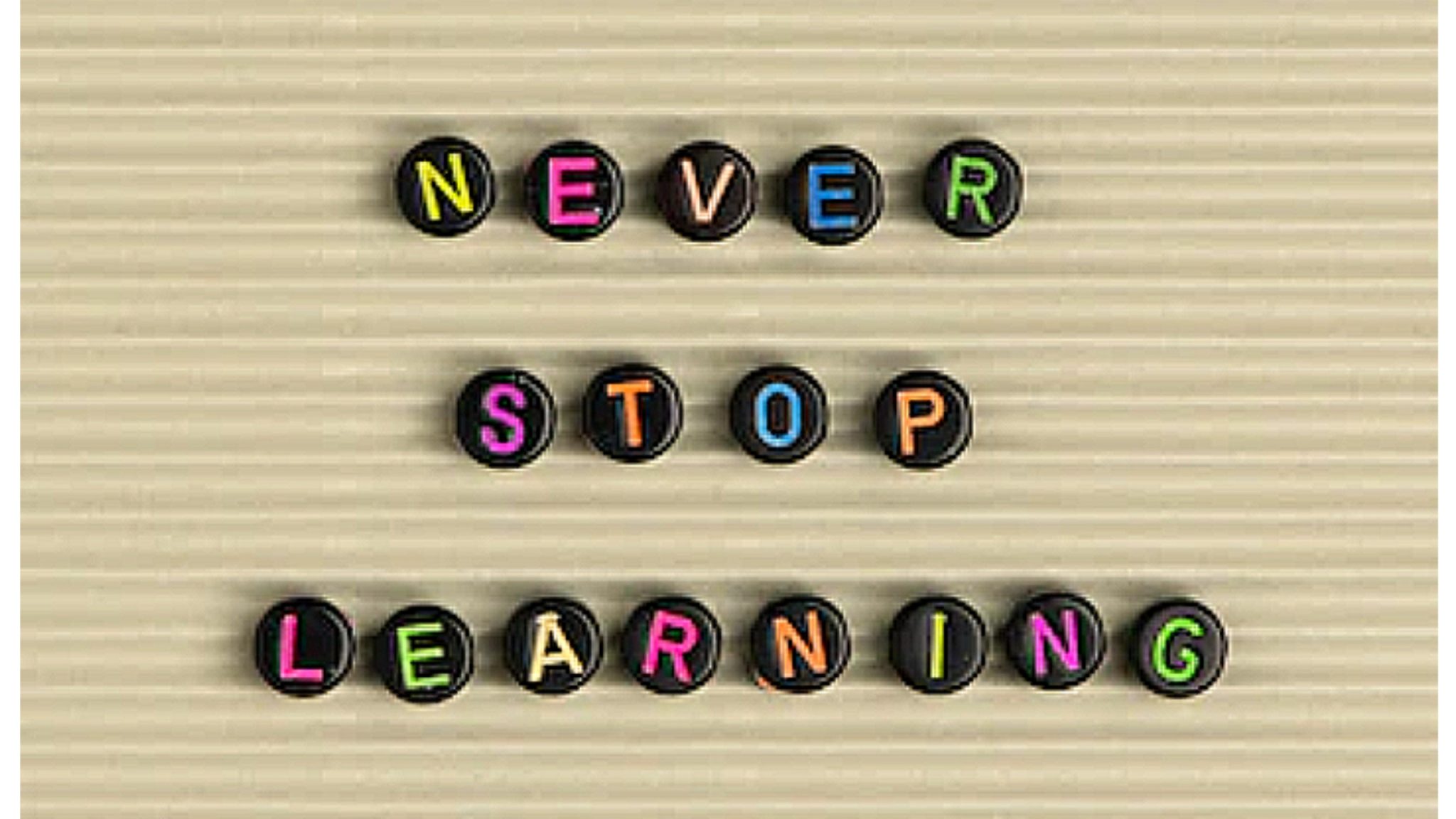Characteristics Of A Humble Person

In an era defined by self-promotion and the relentless pursuit of recognition, the quality of humility often appears overshadowed, almost quaint. Yet, psychological research and philosophical teachings consistently underscore humility as a cornerstone of personal growth, strong relationships, and effective leadership.
Humility, often misunderstood as weakness, is in reality a profound strength characterized by an accurate assessment of oneself, a recognition of limitations, and a genuine respect for others. This article will explore the key characteristics of a humble person, drawing on psychological studies and expert opinions to provide a comprehensive understanding of this vital trait.
Self-Awareness and Accurate Self-Assessment
At the heart of humility lies a deep and honest understanding of oneself. Humble individuals possess a strong sense of self-awareness, accurately recognizing both their strengths and weaknesses.
They are not prone to exaggerating their accomplishments or downplaying their shortcomings. Instead, they engage in realistic self-evaluation, admitting when they are wrong and actively seeking feedback for improvement. This is supported by research from the American Psychological Association, which links self-awareness to greater personal and professional success.
Openness to Feedback and Learning
Humble people demonstrate a remarkable openness to feedback, viewing it as an opportunity for growth rather than a personal attack. They actively solicit opinions from others and are willing to consider alternative perspectives, even if they differ from their own.
This receptivity stems from the recognition that they don't have all the answers and that learning is a lifelong process. Dr. Carol Dweck, a renowned psychologist at Stanford University, emphasizes the importance of a "growth mindset," a characteristic strongly associated with humility, in achieving one's potential. A growth mindset fosters the belief that abilities can be developed through dedication and hard work, and a humble person is better equipped to embrace this mindset.
Respect and Appreciation for Others
A defining characteristic of humble individuals is their deep respect and appreciation for others, regardless of their background or status. They recognize the inherent worth of every person and treat everyone with courtesy and consideration.
They value the contributions of others and are quick to acknowledge the accomplishments of those around them. Furthermore, humble people are skilled listeners, genuinely interested in understanding the perspectives of others. This is in line with research highlighted in the Journal of Positive Psychology, indicating that humble individuals build stronger and more meaningful relationships.
A Lack of Arrogance and Entitlement
Humble individuals possess a distinct lack of arrogance and entitlement. They do not believe they are superior to others or deserving of special treatment. Instead, they exhibit a sense of gratitude for what they have and are mindful of the privileges they enjoy.
They do not seek to impress others with their accomplishments or possessions.
"True humility is not thinking less of yourself; it is thinking of yourself less,"as C.S. Lewis famously wrote. This quote encapsulates the essence of humility as a focus on others rather than on oneself.
Willingness to Serve and Help Others
Humility often manifests in a willingness to serve and help others. Humble individuals are motivated by a genuine desire to make a positive impact on the world and are willing to put the needs of others before their own.
They are often found volunteering their time, offering assistance to those in need, and advocating for social justice. A study published in the Harvard Business Review found that humble leaders are more effective at building high-performing teams because they prioritize the needs of their employees and create a culture of collaboration.
Facing Adversity with Grace
Humility enables individuals to face adversity with grace and resilience. When faced with setbacks, humble individuals do not succumb to self-pity or blame others.
Instead, they take responsibility for their actions, learn from their mistakes, and persevere in the face of challenges. They understand that failure is a part of the learning process and use it as an opportunity for growth.
Looking Ahead: Cultivating Humility in a Competitive World
In a world that often rewards self-promotion and ambition, cultivating humility may seem counterintuitive. However, the benefits of humility are undeniable, leading to greater personal fulfillment, stronger relationships, and more effective leadership.
By practicing self-reflection, actively seeking feedback, and focusing on the needs of others, individuals can develop and strengthen their own sense of humility. As society increasingly recognizes the value of humble leadership and authentic connection, the characteristics of a humble person will become even more prized.


















